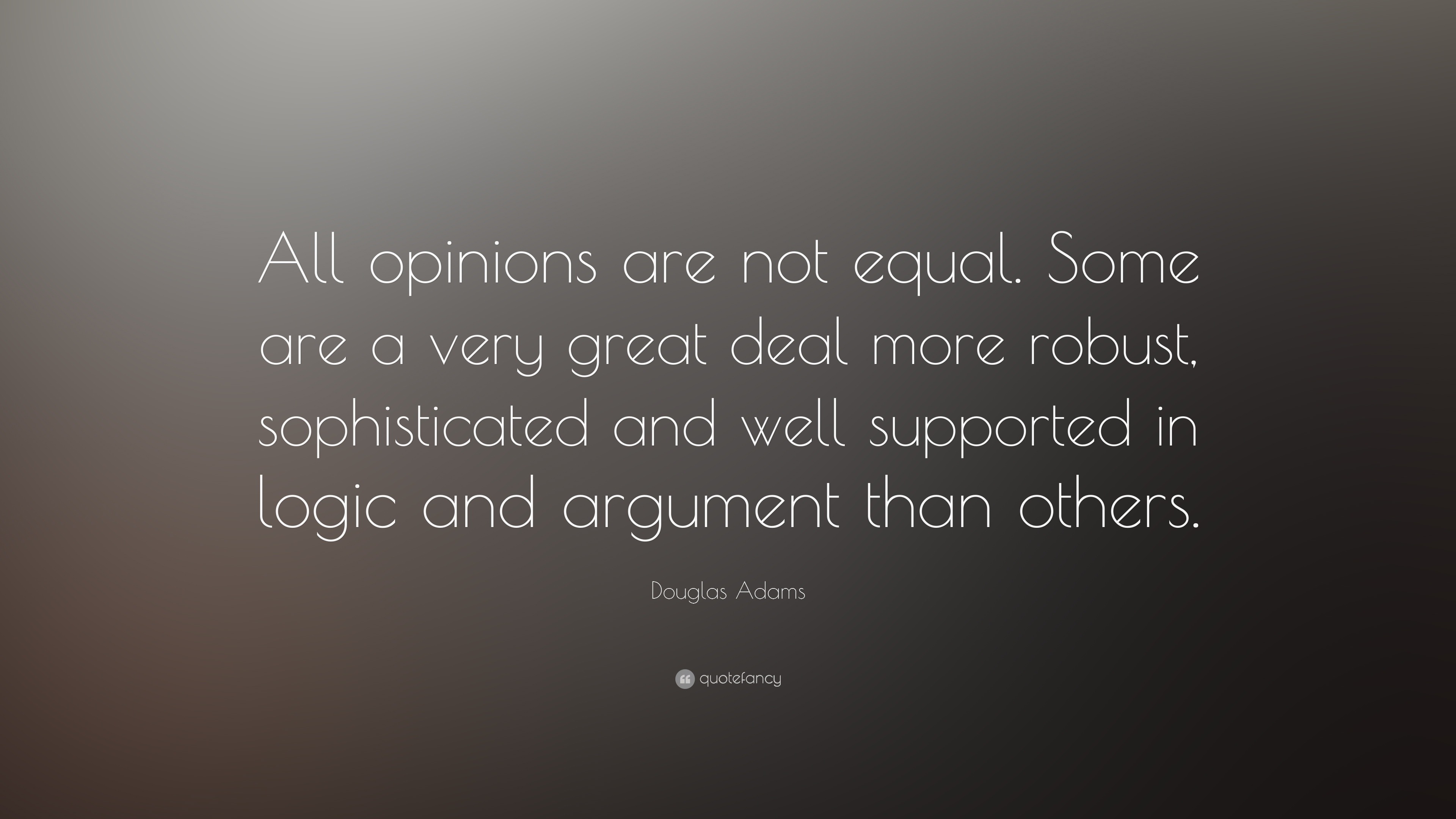Let's take a moment to talk about the purpose of the HMS Acasta: to accurately portray a crew of His Majesty's Royal Navy circa 1800-1810 for the educational benefit of the public and for the mutual research and enjoyment of the individual members [emphasis mine].
Now let's look at the purpose of the HMSA-Aux: to enrich the public's understanding of the sailor's world through research which is then interpreted through enjoyable educational programming for both the public and ourselves, enacted in cooperation with our Sister Unit the HMS Acasta [emphasis mine].
If it seems like these two statements are closely connected, that was not by accident. As you might also notice, the recurring motif in both of these statements centers around research. Researching to learn what is an accurate representation of the past; research around which we are creating educational programming to benefit members of the public; research to make that programming appropriate/applicable/enjoyable for all involved.
If it seems like we are throwing the "R" word around a lot over the next few months, it's because we are. Research is at the core of every aspect of what we do in both the Acasta and the HMSA-Aux. It should be this way. It is at the core of our purpose as laid out in the mission statement for both units.
Research is the foundation of all of the other endeavors we undertake as Acasta and Auxiliary members. It is what drives our decision making as a unit, determining policies and standards in a meaningful and significant way.
As exhausting as it can feel sometimes to critically think about each and every item we bring to an event or use to interpret in camp, it can pay off to have that in depth context from which to draw. It can also prevent us from falling into common traps of misconceptions and history tropes that may not hold up to scrutiny. Thinking critically about ourselves and what we're using/wearing/buying/doing/etc. is often a difficult but necessary process.
Spending a little bit (or even a lot) of time up front to invest in some old fashioned research hours can have exponential payoffs in the long term. It might prevent us from making mistakes that were easily avoidable if we had just known what to look for. It might also save us money/time/effort. Over time it will yield a much broader and more accurate understanding of the past. It might also create more questions than answers in some cases. But that's okay.
Acknowledging the limitations of our knowledge or even the limitations of what's available to us is certainly nothing by which to be embarrassed. A critical, yet open and humble mind will allow us to hone not only ourselves but each other. If you have not researched a particular area, refer to those who have (whom you trust as reliable sources), but do not be afraid to delve into that area of research and ask questions. If you disagree with an interpretation, be sure that your disagreement is based on factual source evidence and is communicated through a clear and concise argument- not a juxtaposition of your own feelings or inherent assumptions about an artifact or document. If you haven't put in the effort to dig deeply into the matter, don't expect those who have to give the same amount of value to your opinion. That's not to say they do not value you.

Ultimately, research should be the rudder that steers our ship to point us in the right direction, and we would like to encourage all of our members to engage in the discourse of research within our unit. However, we want this discourse to be productive and purposeful. To that end, some of you have expressed the desire to do research but are hesitant as to where to start. Over the course of the next few months, we'll feature some posts on the topic of conducting research with interpretation in mind. I'll share some of my methods but also share sources that provide other approaches to the topic that you might find beneficial.
With that in mind, I leave you with some words from a very well known man:



A tounge and cheek closing in the picture. Well played and thoughtfully written. Thanks
ReplyDelete